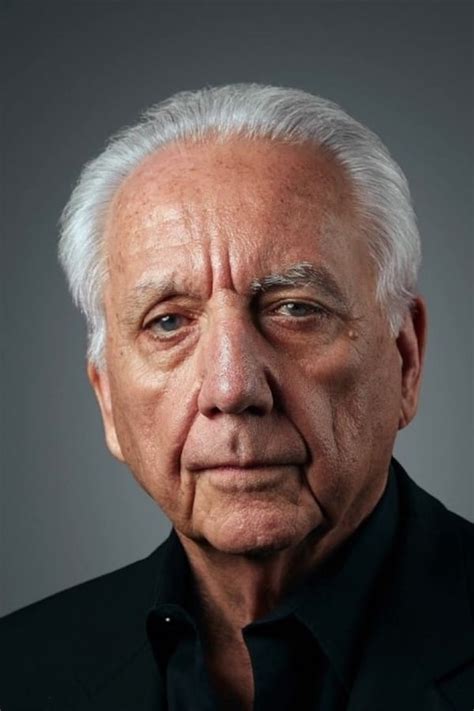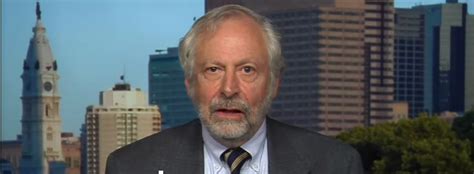A Quote by James M Strock
One wonders if Lyndon Johnson and Richard Nixon's administrations may come to be viewed, in the future, as having been underestimated in some respects. To be sure, each ended in failure. Nonetheless, Johnson's accomplishments in civil rights and immigration legislation, and Nixon's in respect to relations with China, may loom larger with the passage of time.
Quote Topics
Related Quotes
Now in my view, if you were to line up the Presidents in the order of who made the greatest accomplishments, you'd put Lyndon Johnson in that arena with both Roosevelts probably, and [Abraham] Lincoln and so on. But the idea that Lyndon Johnson was operating as a free agent and coming up with these ideas on his own is nonsense.
Within days of Richard Nixon's inauguration in January 1969, national-security adviser Kissinger asked the Pentagon to lay out his bombing options in Indochina. The previous president, Lyndon Baines Johnson, had suspended his own bombing campaign against North Vietnam in hopes of negotiating a broader cease-fire.
Yes, Obama took over two wars from Bush - just as President Richard Nixon inherited Vietnam from President Lyndon Johnson and President Dwight Eisenhower inherited Korea from President Harry Truman. But at least the war in Iraq was all but won by 2009, thanks largely to the very surge Obama had opposed as a senator.































